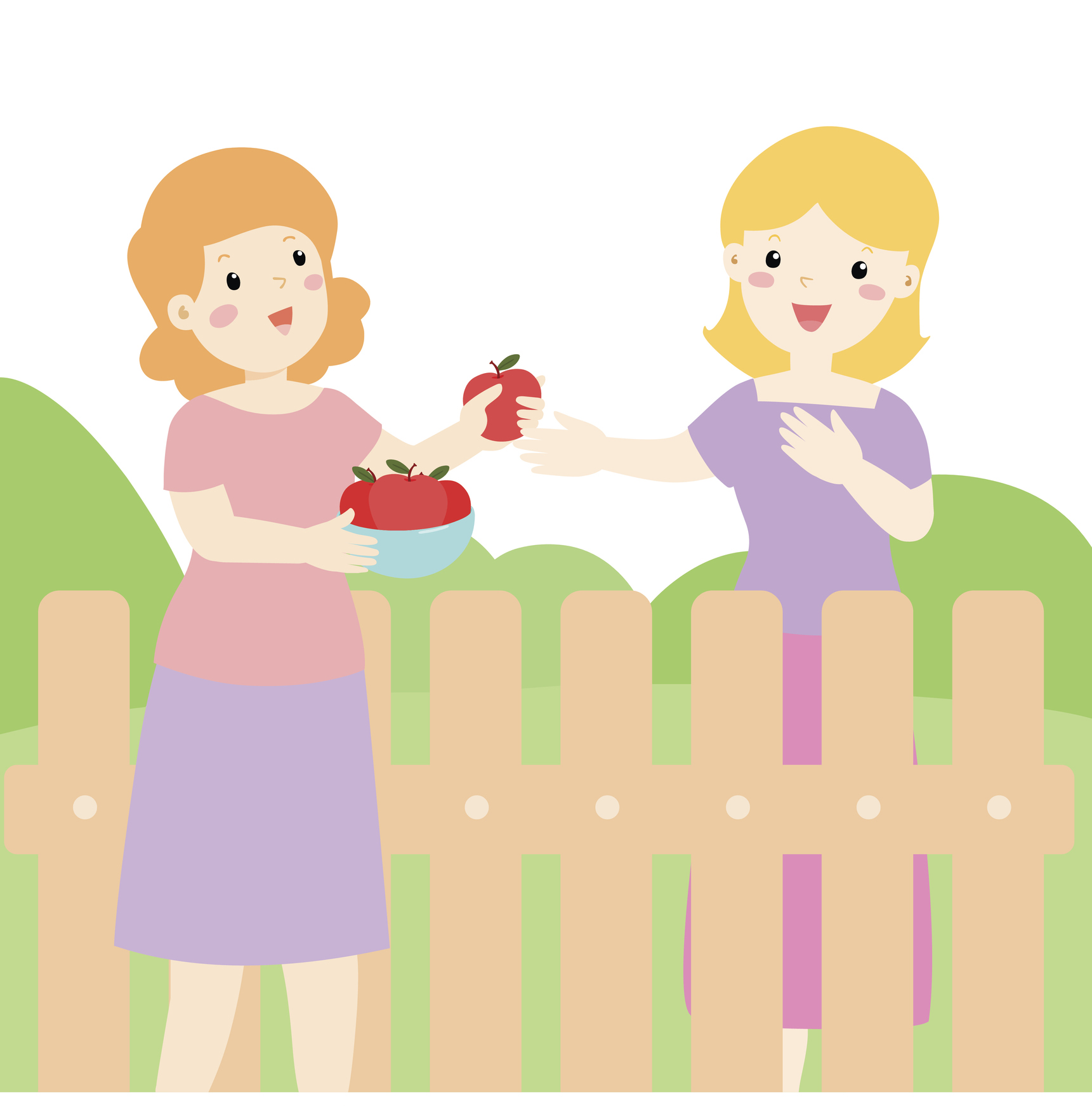
The last twenty-four hours has highlighted the phenomenal public response in supporting those most at risk in the global coronavirus pandemic.
Over 500,000 people have signed up to be NHS volunteers. This involves checking in on self-isolated individuals via phone calls, collecting medicine and shopping supplies and providing transport for patients returning home after they have been discharged from hospital.
As new volunteers begin their roles, the NHS has provided resources for spotting the signs and reporting safeguarding concerns of individuals they may be supporting.
We also have a wealth of free resources volunteers can use to support the fantastic work they are doing within their communities.
We also want people in receipt of support by volunteers to be aware of their rights to live in safety, free from harm and neglect, during the coronavirus pandemic.
How can you safeguard yourself when accessing support in the coronavirus pandemic?
Do:
- Do contact official organisations. Take up the offer of support through official services rather than with a stranger. You can phone Age UK on 0800 678 1602. Alternatively, contact your local healthcare centre who will be able to signpost you to support in your local area.
- Do ask to see your volunteers’ identity app. This will confirm if they are the correct person to support you (all volunteers supporting you as part of the NHS scheme will have this ID on their mobile device and should always carry it).
- Do use 141 to withhold your number if you need to phone a volunteer or a stranger. Avoid giving your number out to anyone you do not know.
- Do read our guide for how to stay safe online.
- Do learn how to spot the signs of emotional abuse.
Do not:
- Do not invite volunteers into your home.
- Do not give your bank details or bank cards to volunteers. The NHS have produced guidance on how you should pay for food and medicine if a volunteer is collecting these for you. Payment will preferably be done over the phone with the shop assistant, not through a volunteer.
Anyone who is supporting you should treat you with dignity and respect.
Report your concerns immediately if you are worried about your safety when receiving support.
What should you do if you are worried about your physical or emotional safety when receiving voluntary support?
- You can report your concerns to your GP or social worker. Local authorities have social workers who deal specifically with cases of abuse and neglect. Call your local council and ask for the adult safeguarding co-ordinator.
- You can call the free, confidential Action on Elder Abuse helpline on 0808 808 8141.
- You can also speak to the police about the situation. Some forms of abuse are crimes.
- If you find yourself in immediate danger but unable to speak over the phone, call 999 followed by dialling 55. This will trigger an emergency response from the police.
You should never experience harm or abuse. You will be supported should you raise concerns about your safety and wellbeing.
Community Support
The last twenty-four hours has highlighted the fantastic community spirit in people wanting to support those at risk in this challenging time.
Most individuals will have overwhelming positive interactions with volunteers and people supporting them over the coming weeks.
We hope the advice above supports in safeguarding those self-isolating and most at risk from Covid-19.
Contact us!
If you have any queries or concerns please contact us and we would be more than happy to support.
